Filter by
The language used throughout the course, in both instruction and assessments.
1,488 results for "python"

Cisco Learning and Certifications
Skills you'll gain: Computer Programming, DevOps, Python Programming
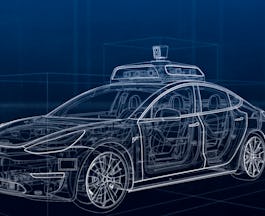
University of Toronto
Skills you'll gain: Python Programming, Software Engineering, Computer Programming Tools, Computer Vision, Critical Thinking, Machine Learning, Mathematics, Problem Solving, Strategy and Operations, Systems Design, Computer Programming
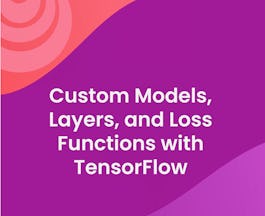
DeepLearning.AI
Skills you'll gain: Applied Machine Learning, Deep Learning, Machine Learning, Python Programming, Tensorflow, Artificial Neural Networks, Network Architecture, Network Model, Computer Programming, Machine Learning Algorithms
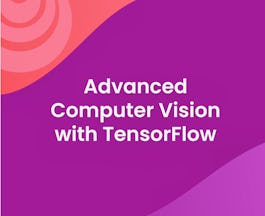
DeepLearning.AI
Skills you'll gain: Artificial Neural Networks, Computer Vision, Deep Learning, Machine Learning, Tensorflow, Machine Learning Algorithms, Machine Learning Software, Computer Graphic Techniques, Human Learning, Python Programming

Skills you'll gain: Security Strategy, Computer Security Incident Management, Python Programming, Computer Programming, Leadership and Management
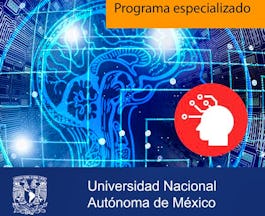
Universidad Nacional Autónoma de México
Skills you'll gain: Artificial Neural Networks, Adaptability, Algorithms, Computational Logic, Machine Learning, Theoretical Computer Science, Critical Thinking, Human Computer Interaction, Human Learning, Machine Learning Algorithms, Machine Learning Software, Natural Language Processing, Leadership and Management, Problem Solving, Strategy, Strategy and Operations, Probability & Statistics, Computer Programming, Python Programming

King Abdullah University of Science and Technology
Skills you'll gain: Bioinformatics, Computer Programming, Python Programming, R Programming

LearnQuest
Skills you'll gain: Machine Learning, Python Programming, Data Science, Natural Language Processing

Skills you'll gain: Machine Learning, Probability & Statistics, Regression, Statistical Machine Learning, Machine Learning Algorithms, Data Analysis, Human Learning, Statistical Tests, General Statistics, Python Programming
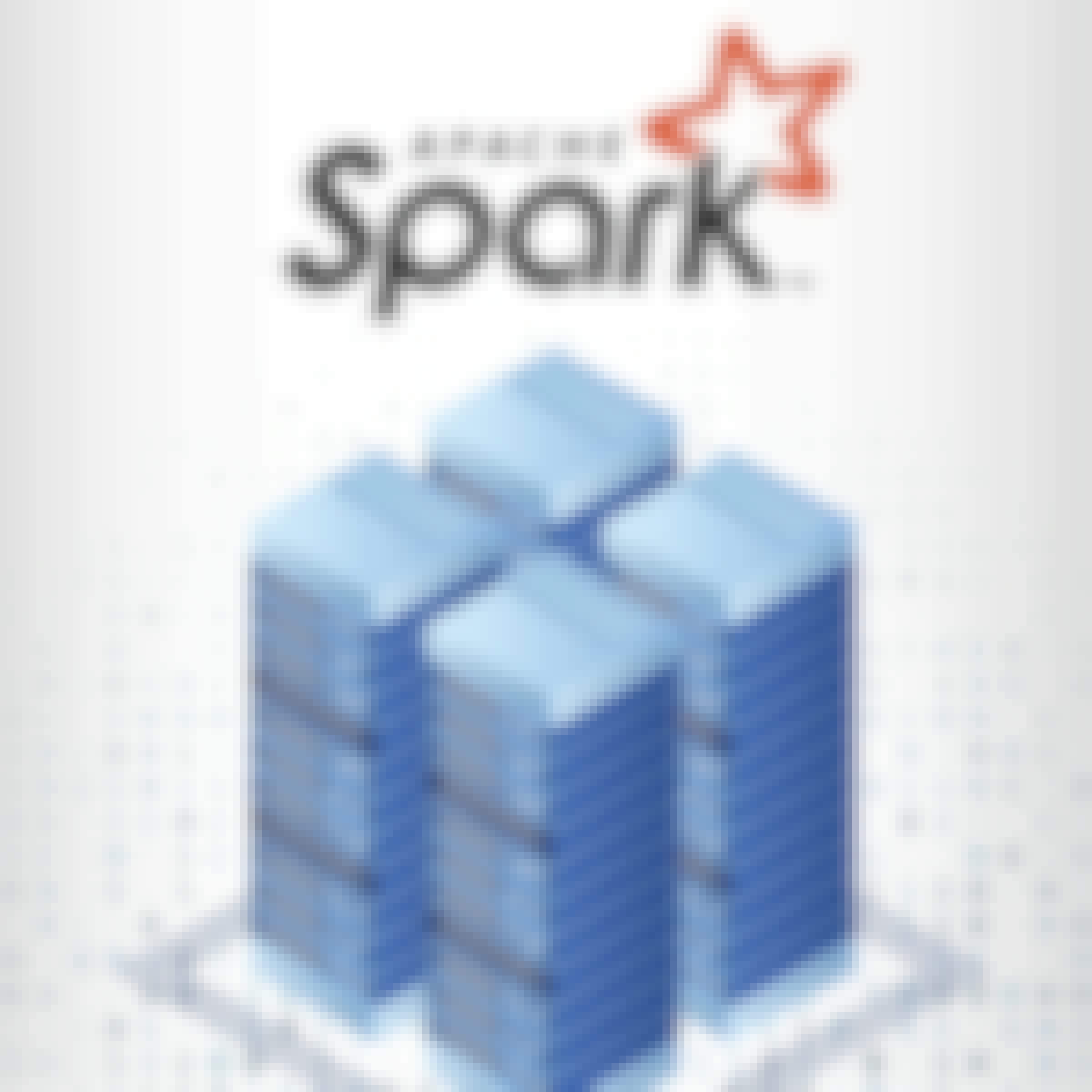
Skills you'll gain: Apache, Big Data, Distributed Computing Architecture, Data Management, Kubernetes, Data Architecture, Data Warehousing, Extract, Transform, Load, Process Analysis, Python Programming
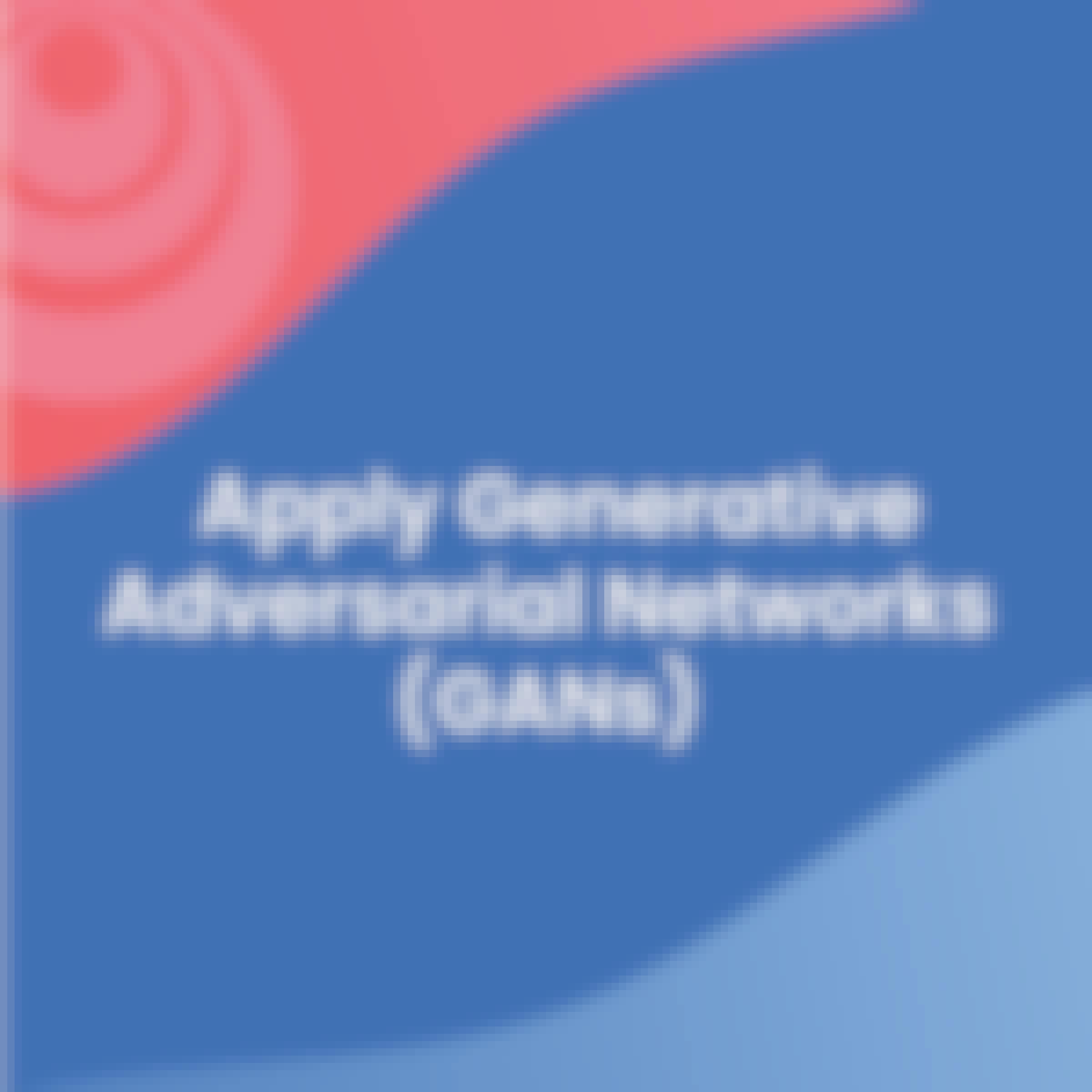
DeepLearning.AI
Skills you'll gain: Artificial Neural Networks, Deep Learning, Machine Learning, Machine Learning Algorithms, Computer Vision, Python Programming, Computer Programming, Human Learning

Skills you'll gain: Cryptography, Python Programming, Computer Security Incident Management, Network Security
In summary, here are 10 of our most popular python courses
- Network Automation Engineering Fundamentals: Cisco Learning and Certifications
- Introduction to Self-Driving Cars: University of Toronto
- Custom Models, Layers, and Loss Functions with TensorFlow: DeepLearning.AI
- Advanced Computer Vision with TensorFlow: DeepLearning.AI
- Penetration Testing, Incident Response and Forensics: IBM
- Introducción a la inteligencia artificial: Universidad Nacional Autónoma de México
- Fundamental Skills in Bioinformatics: King Abdullah University of Science and Technology
- Machine Learning for Supply Chains: LearnQuest
- Supervised Machine Learning: Regression: IBM
- Introduction to Big Data with Spark and Hadoop: IBM










